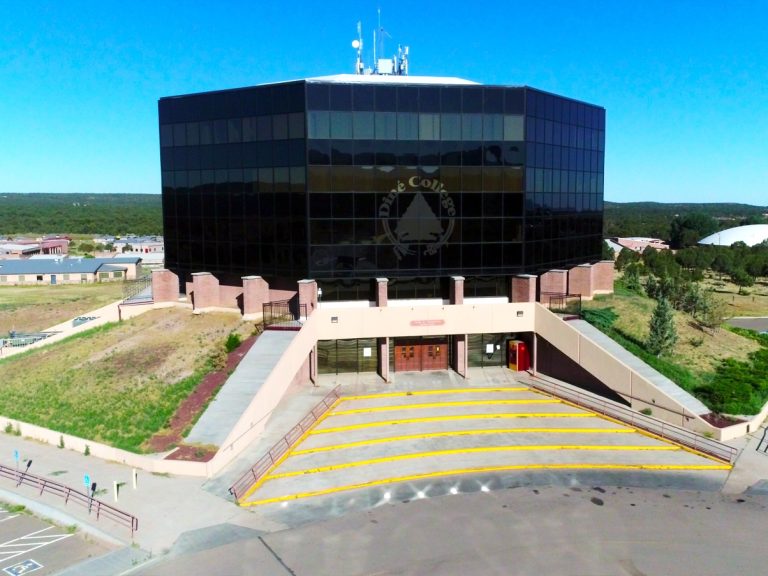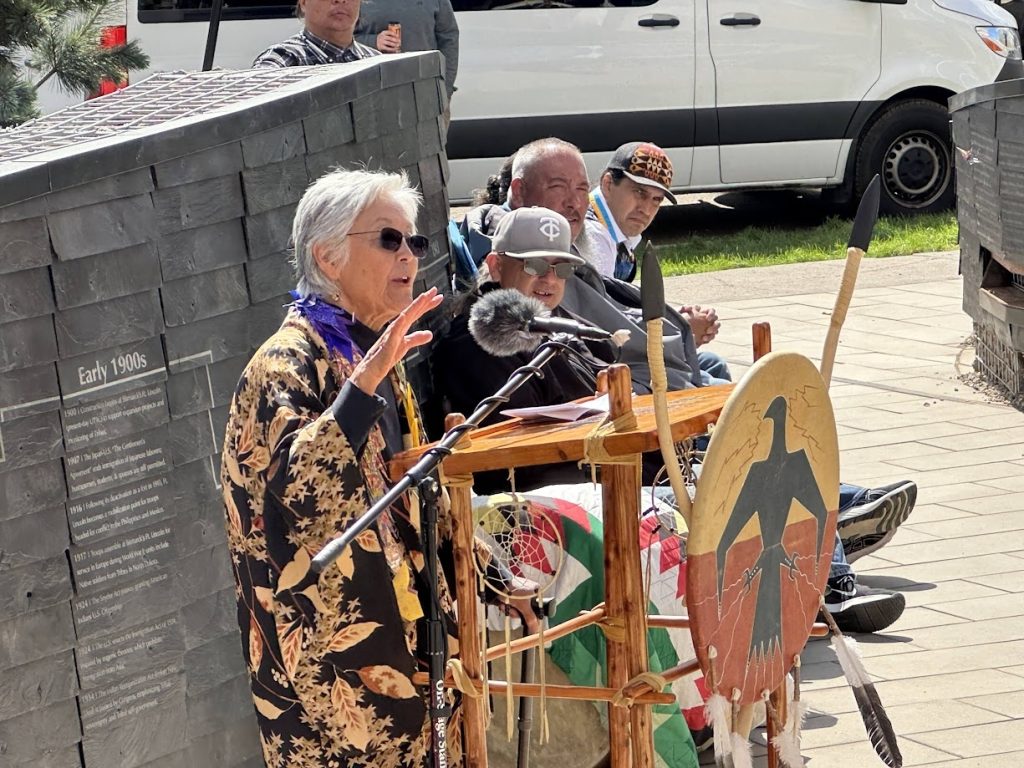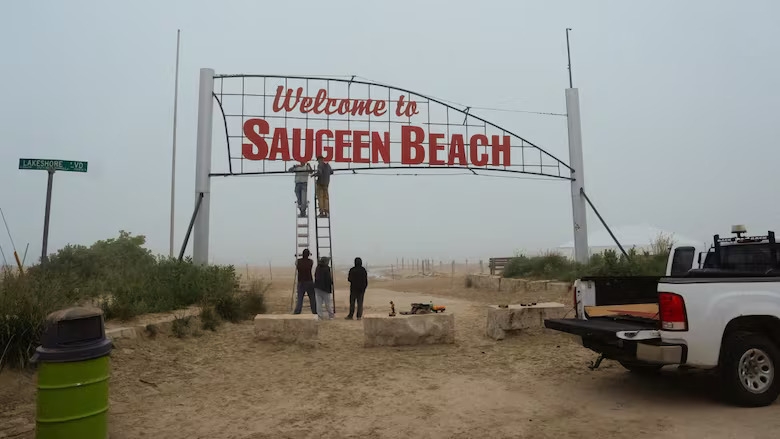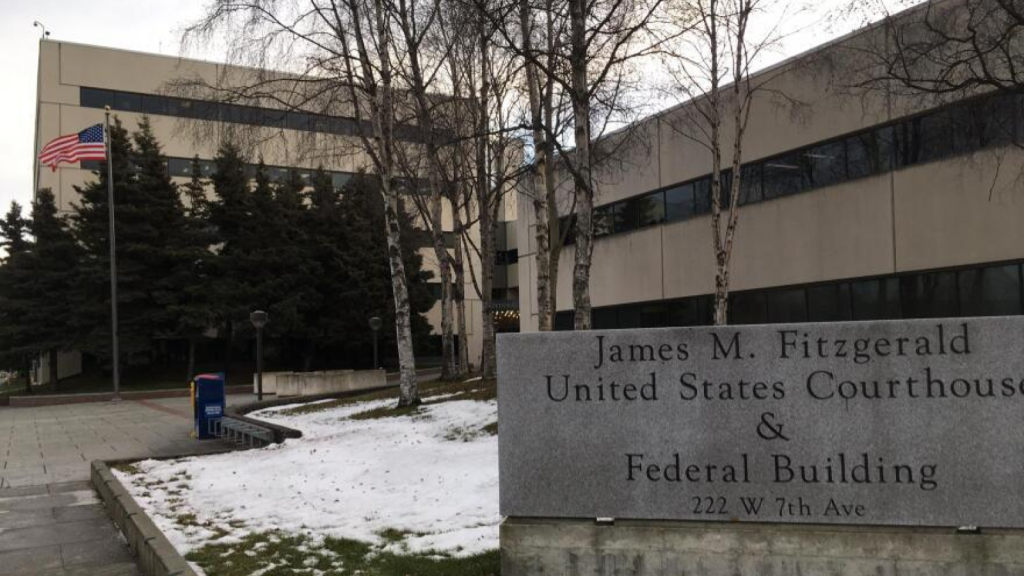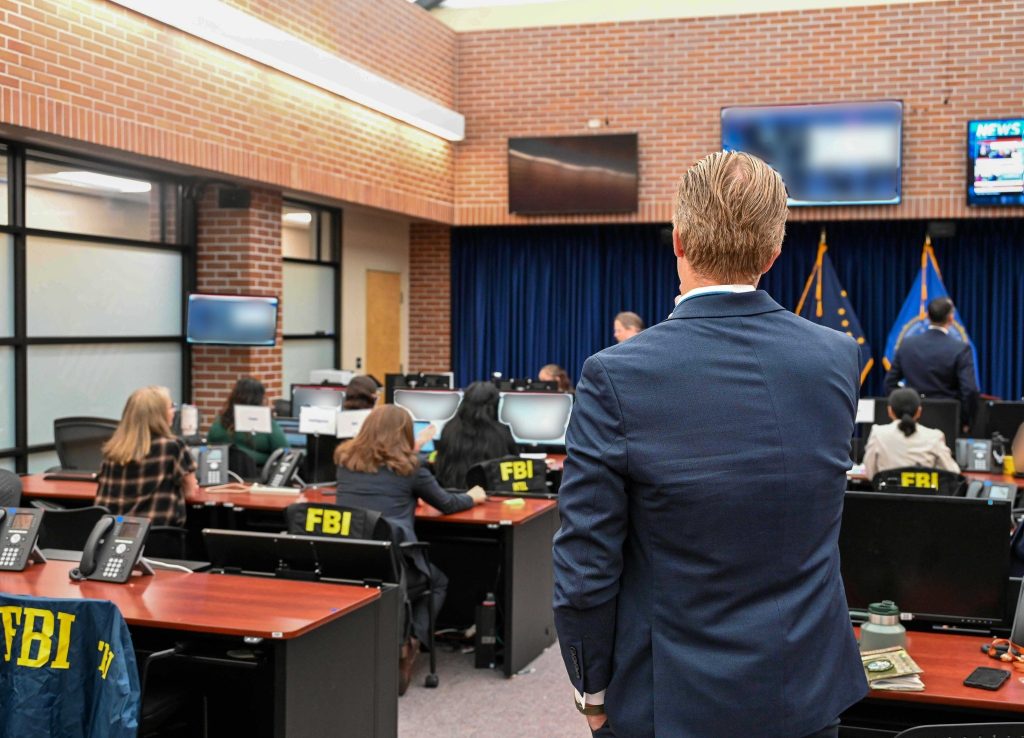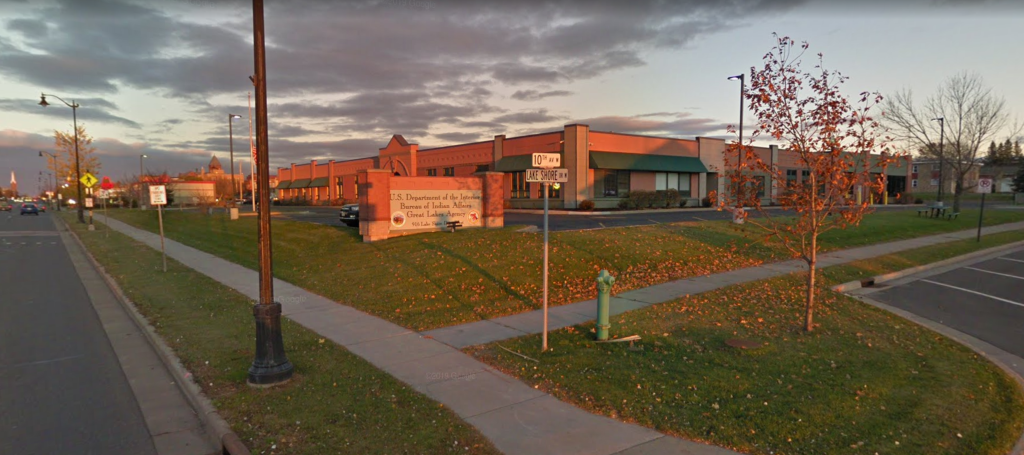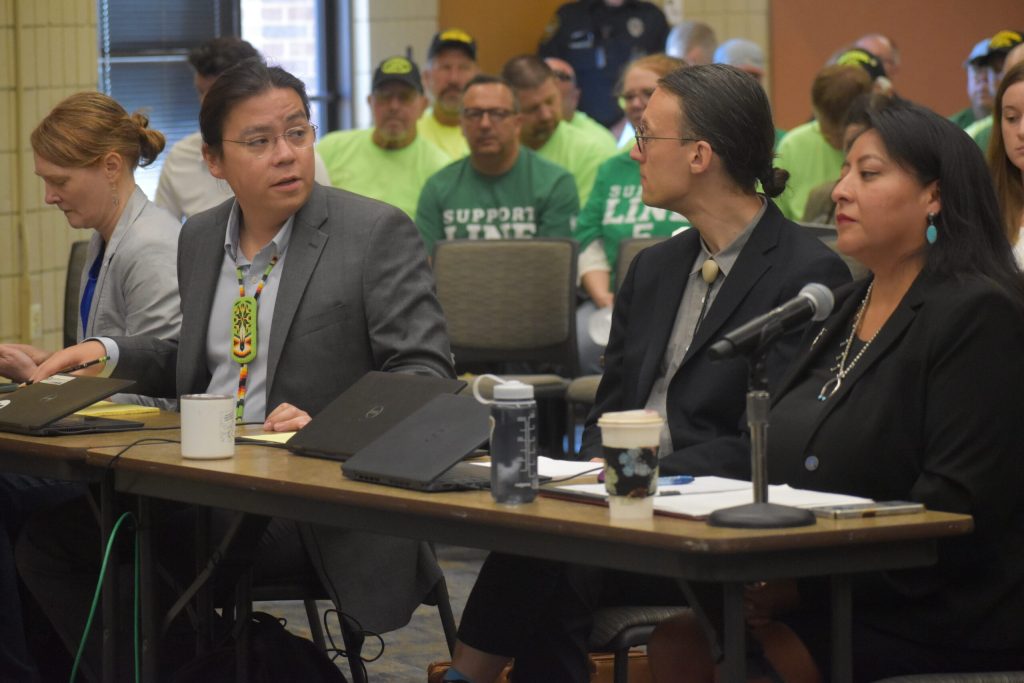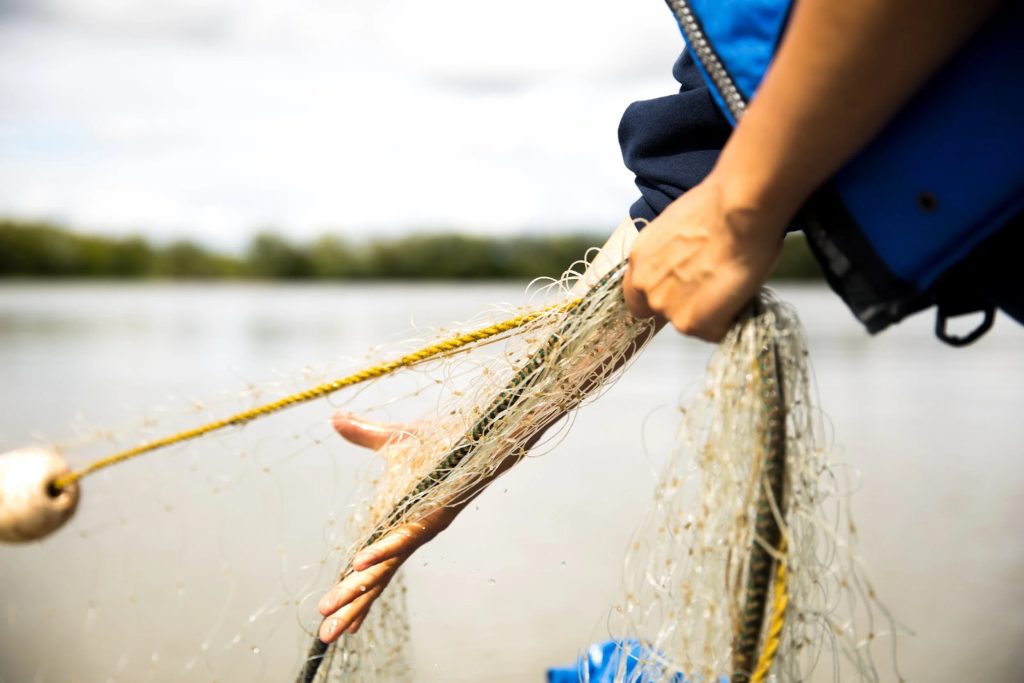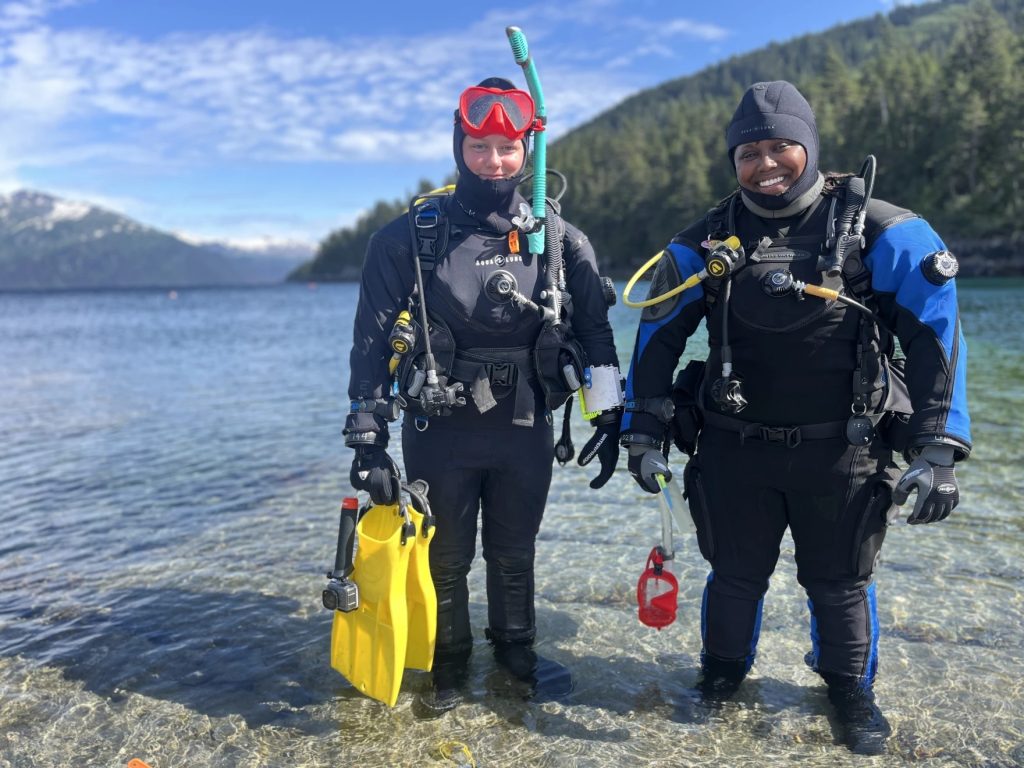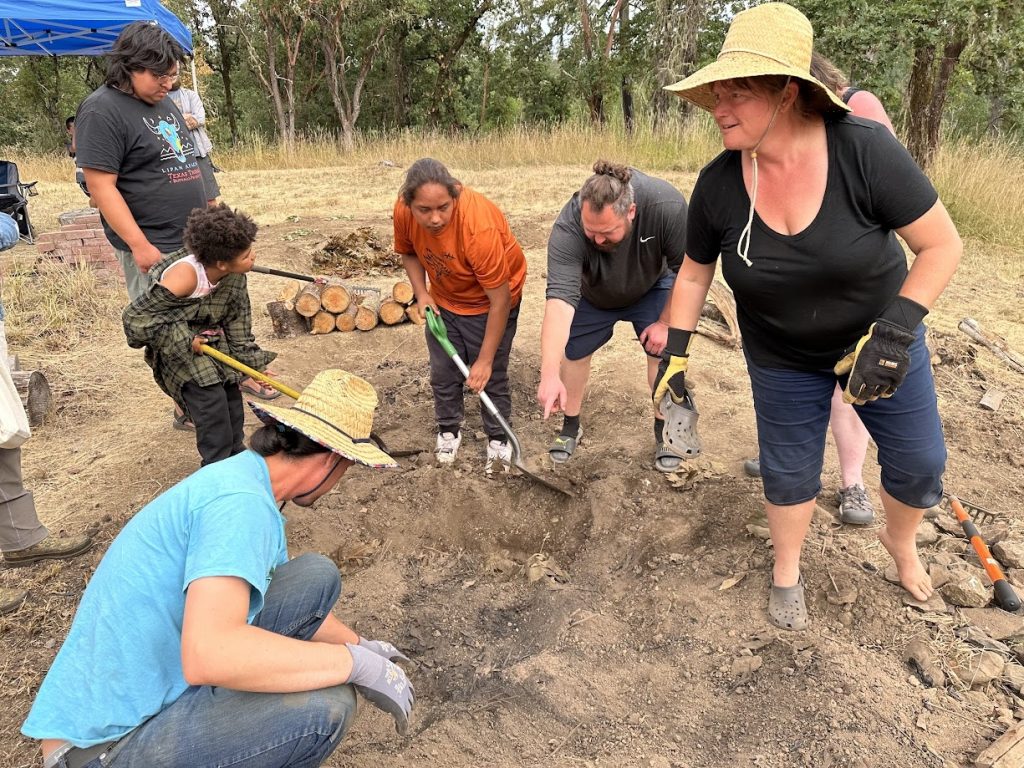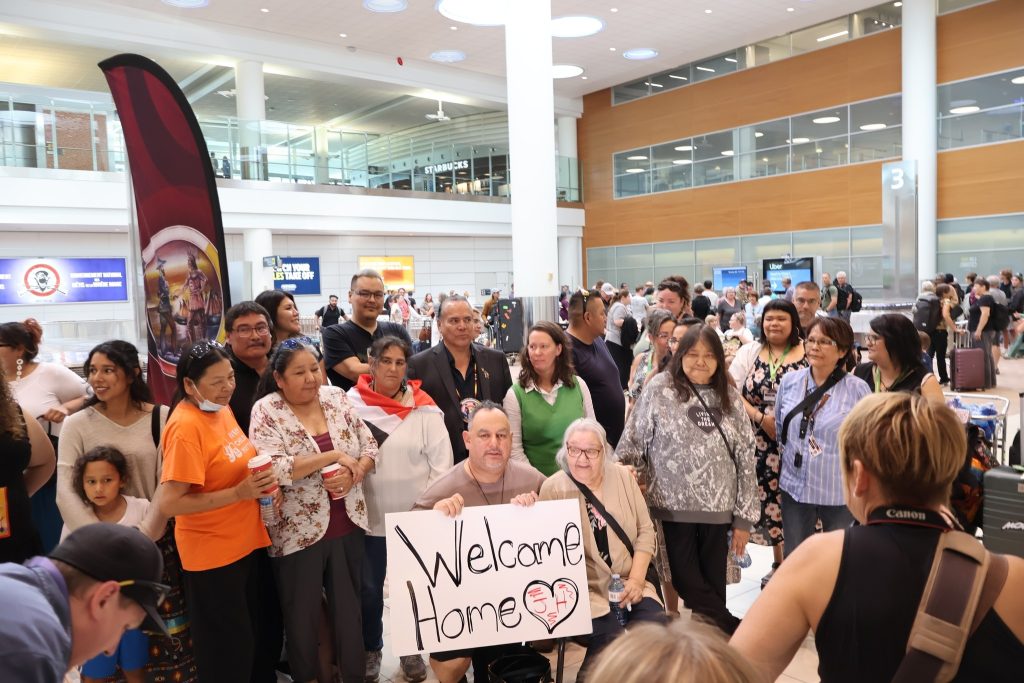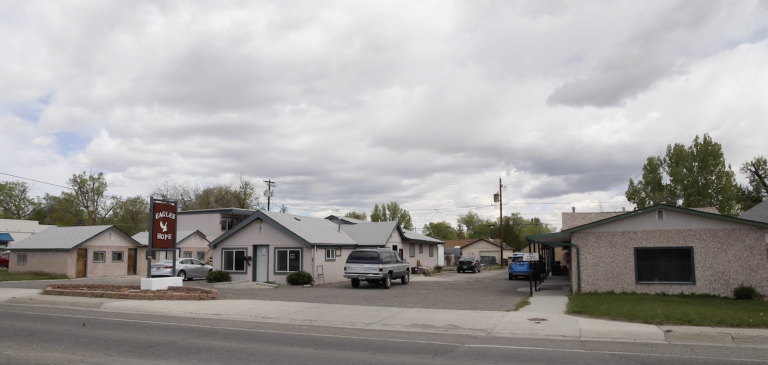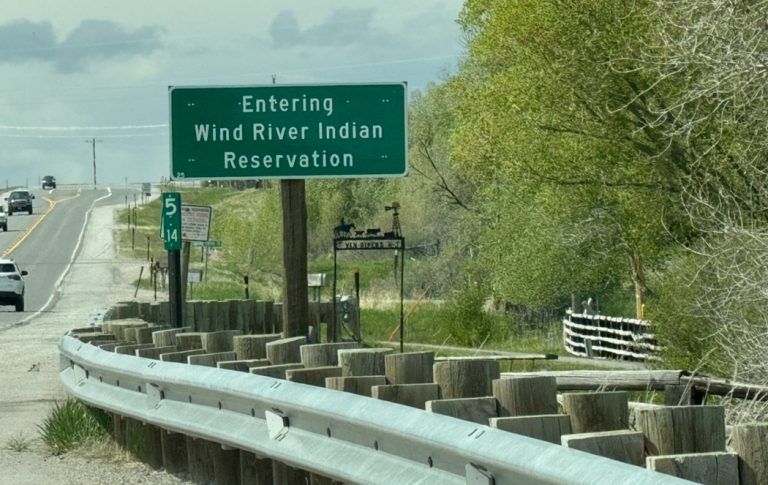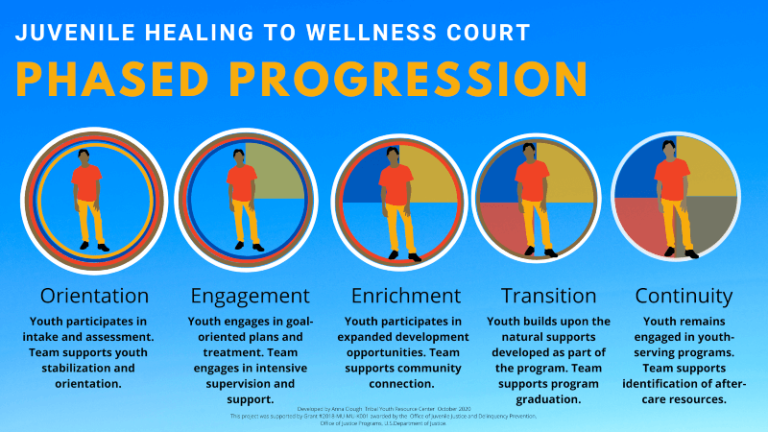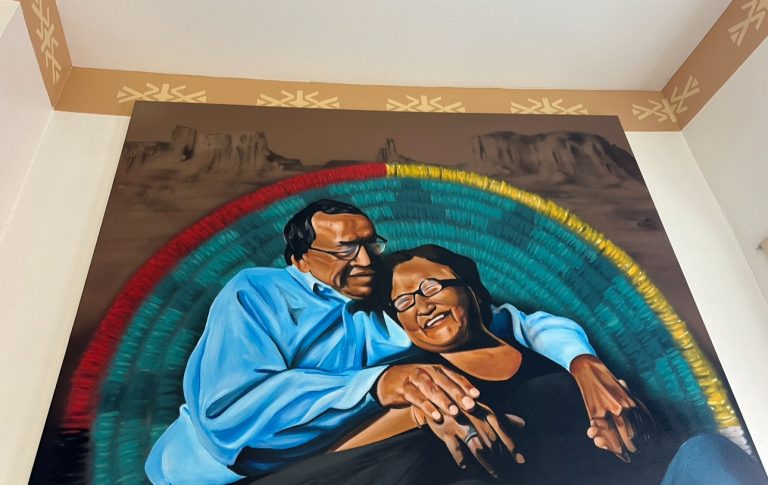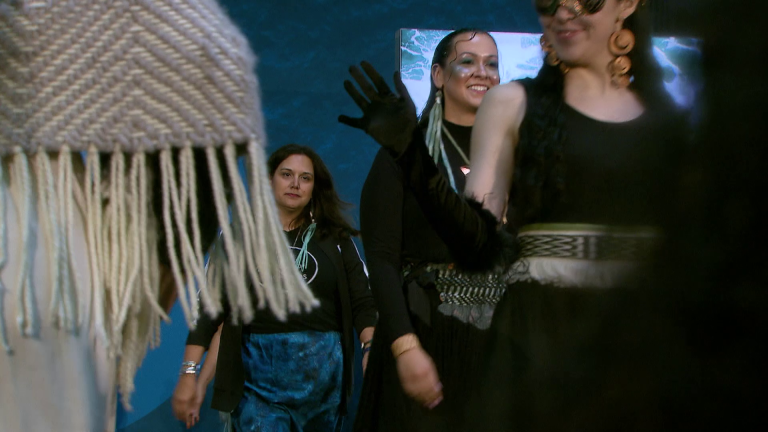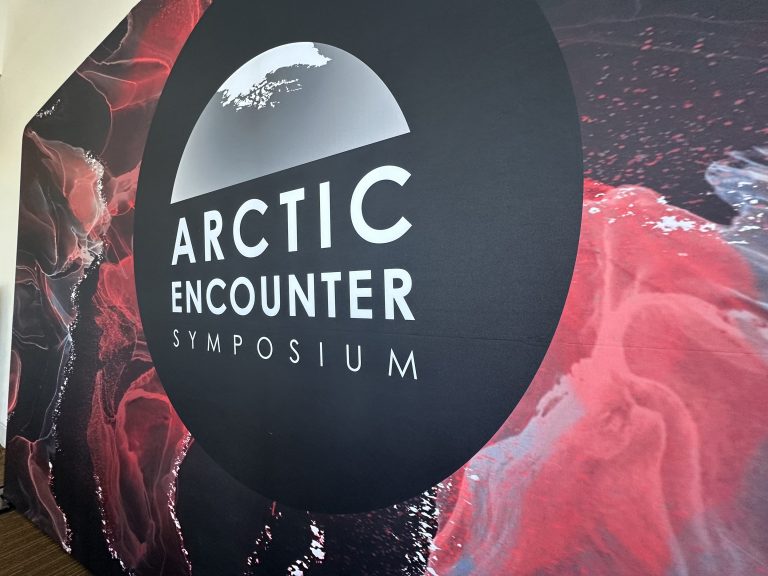Podcast: Play in new window | Download | Embed
While dozens of tribal colleges and universities (TCUs) are facing funding cuts that could shut them down, a new report highlights some of the economic impacts generated from tens of thousands of alumni.
It’s meant to show the “positive return on investment for students, taxpayers and society.”
KJZZ’s Gabriel Pietrorazio has details.
The study was commissioned by the nonprofit American Indian Higher Education Consortium (AIHEC). It found that over 40,000 former students added nearly $4 billion to the U.S. economy between 2022 and 2023.
That data was gathered from the 35 higher education institutions, three from Arizona including the oldest, Diné College.
“TCUs are a direct expression of sovereignty over our education systems – that drive job creation in our local economies, that are land and community based and that are also grounded in Native culture and traditions.”
Ahniwake Rose (Cherokee) is the nonprofit’s president and CEO.
“But they’re also economic powerhouses, and that’s part of what this study shows, is that not only the students who get educated there but also the colleges themselves, generate tens of millions of dollars for the state of New Mexico.”
U.S. Rep. Melanie Stansbury (D-NM), whose state is home to three TCUs, is hopeful for stable Biden-era funding.
“As we’re headed into the last two weeks before the end of the fiscal year, the White House and Republicans have yet to produce a viable budget. So we anticipate that the cuts that were proposed in (President Donald) Trump’s budget are not going to go through because of the continuing resolution.”

Tyonek Garden in 2024. Some Alaska Native leaders said the USDA reorganization could harm tribal agriculture. (Courtesy Tyonek Tribal Conservation District)
The U.S. Department of Agriculture (USDA) announced this summer that it plans to reorganize the agency.
One of the largest Alaska Native advocacy organizations says the change could harm tribal food security programs.
The Alaska Desk’s Alena Naiden from our flagship station KNBA reports.
U.S. Secretary of Agriculture Brooke Rollins announced a plan to reorganize the department in July, citing the need to decrease spending and bureaucracy.
That plan is not final, but the current proposal includes consolidation of tribal relations programs and personnel, according to the memorandum of the decision.
But leaders of the First Alaskans Institute say that could diminish tribal voices and harm regional agriculture and food security.
Last month, the nonprofit submitted a comment to USDA about the plan, asking the agency to consult with tribes.
Apagruk Roy Agloinga is the president and CEO of the First Alaskans Institute.
“Food security for Native communities, it’s not just a policy issue. It’s really a matter of survival, cultural continuity and self determination.”
The USDA Office of Tribal Relations was created in 2010, after tribal farmers argued in court that the department discriminated against them.
Tikaan Galbreath is the chief operating officer of First Alaskans Institute. He says that the USDA’s reorganization plan might move the Office of Tribal Relations from the higher-up secretarial level of the department.
He says the change could diminish tribal access to USDA programs.
Galbreath says that access to USDA programs is especially important in light of the changing environment.
“The change in the migratory patterns and the decline for many of the species has raised the question for a lot of our communities of how do we continue to provide protein security for our tribal members? ”
USDA did not respond to the comment the First Alaskans Institute submitted last month.
However, the department did respond to a request for comment from KNBA, calling the proposed plan a first step to “right-size USDA’s footprint”.
It added that the agency’s critical functions would not be affected.
Meanwhile, USDA extended the public comment period on reorganization to the end of September.
Get National Native News delivered to your inbox daily. Sign up for our daily newsletter today.
